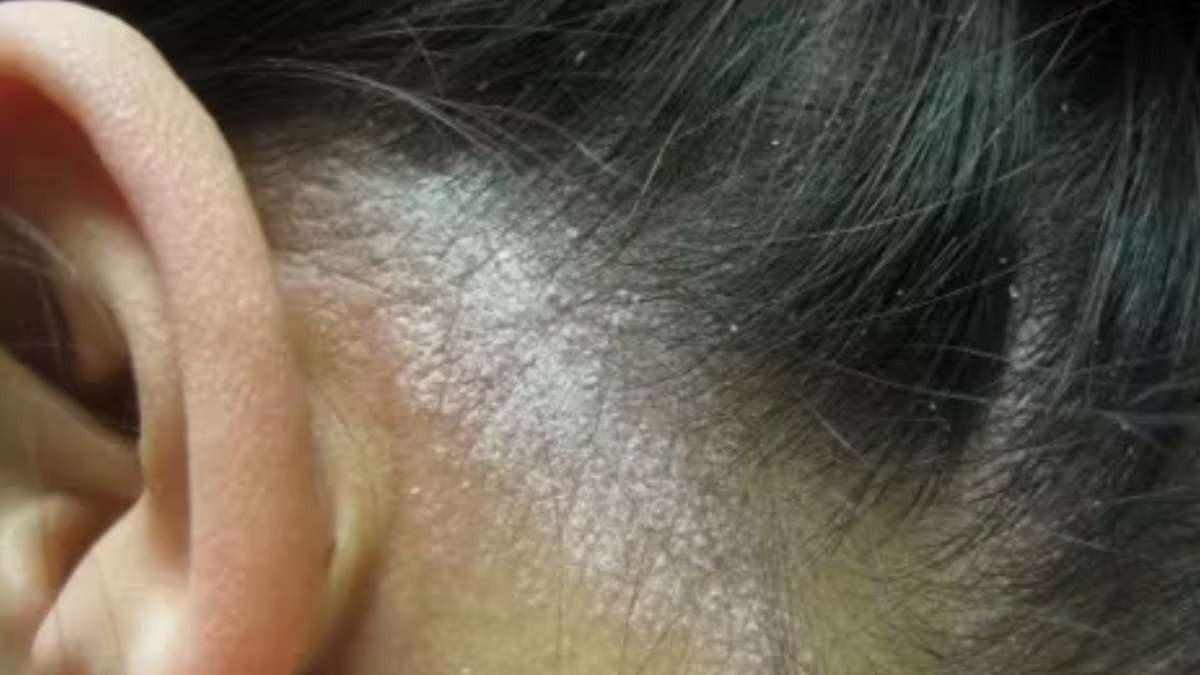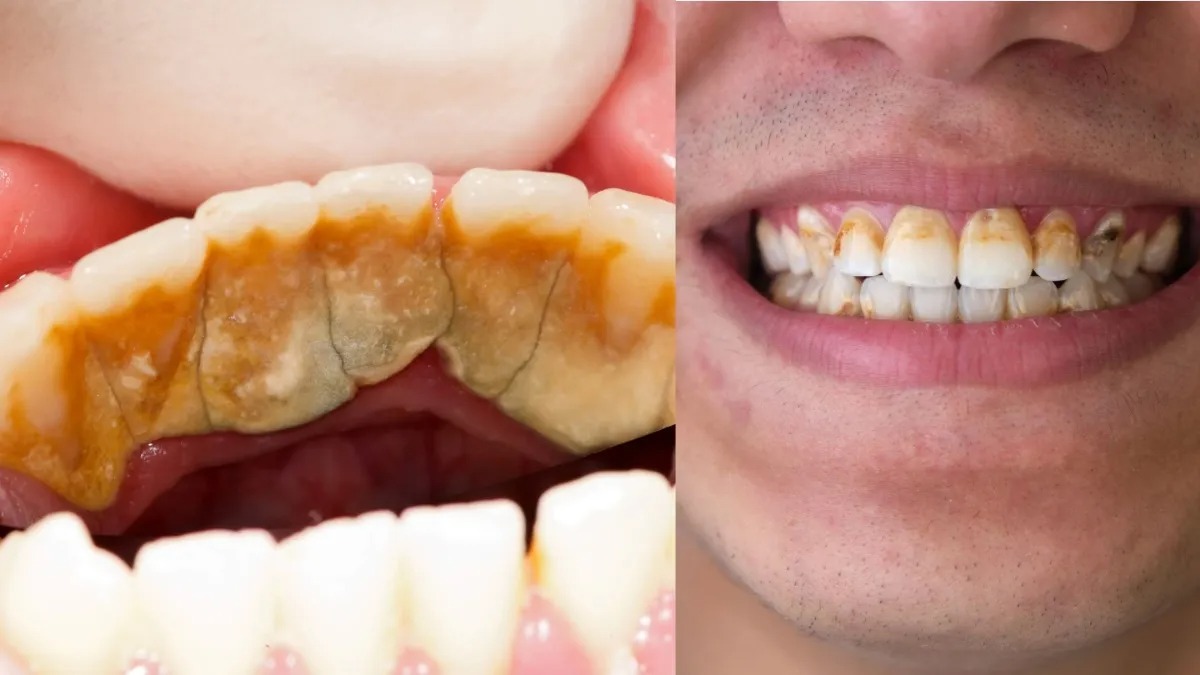
Health: If you have excessive dandruff that simply will not go away, it may be more than a dry scalp problem. Scalp psoriasis is a very common serial disorder often mistaken for simple dandruff but requires a different approach to treatment and management. Here's what you should know about scalp psoriasis, the signs and symptoms, and when to seek help.
What is Scalp Psoriasis?
Psoriasis is an autoimmune disease involving certain regions of the skin, especially of the scalp. The disease accelerates the process of skin cells accumulation, resulting in thick layer formation covered with scales. Unlike dandruff, which usually is caused either by dry skin or fungal infection, psoriasis, in general, is a more complex causation that is initiated through immune factors.
Signs and Symptoms of Scalp Psoriasis
- Thick, Scaly Patches: While dandruff does involve some skin flaking, the scales resulting from psoriasis are thick and silvery or white-mostly on the scalp-and more difficult to remove.
- Psoriasis most commonly produces red patches of skin that are raised on the scalp. Typically, these will be tender or itchy.
- Persistent Itching: Whereas dandruff may give rise to occasional itching, the effects of psoriasis can achieve a greater intensity such that scratching may be believed to promote the condition.
- Bleeding or Cracking: Scratching continuously could result in cracks or bleeding from the skin. If not treated accordingly, it may lead to an infection.
- Beyond the Hairline: Psoriasis often extends beyond the scalp, worse on the back of the neck, to the forehead and even to the ears. If you are experiencing scaly patches outside the scalp, then it's actually psoriasis.
- Hair Loss Psoriasis will itself not result in hair loss, but excessive scratching and irritation bring about temporary thinning of hair.
When to See a Doctor?
When you have been using anti-dandruff shampoos and yet there is no improvement in your condition, it is now time to see a dermatologist. The dermatologists will be able to diagnose if you indeed have scalp psoriasis and go through treatment options available to you. In this way, it becomes easily possible to treat the condition and avoid its aggravation with early diagnosis and treatment.
If you're fed up with too much dandruff, then it is important to consider a scalp psoriasis scenario. Understanding the signs and symptoms will help you get the right treatment to manage your condition more effectively. Always consult a healthcare professional for proper diagnosis and treatment.
--Advertisement--

 Desk
Desk Share
Share






